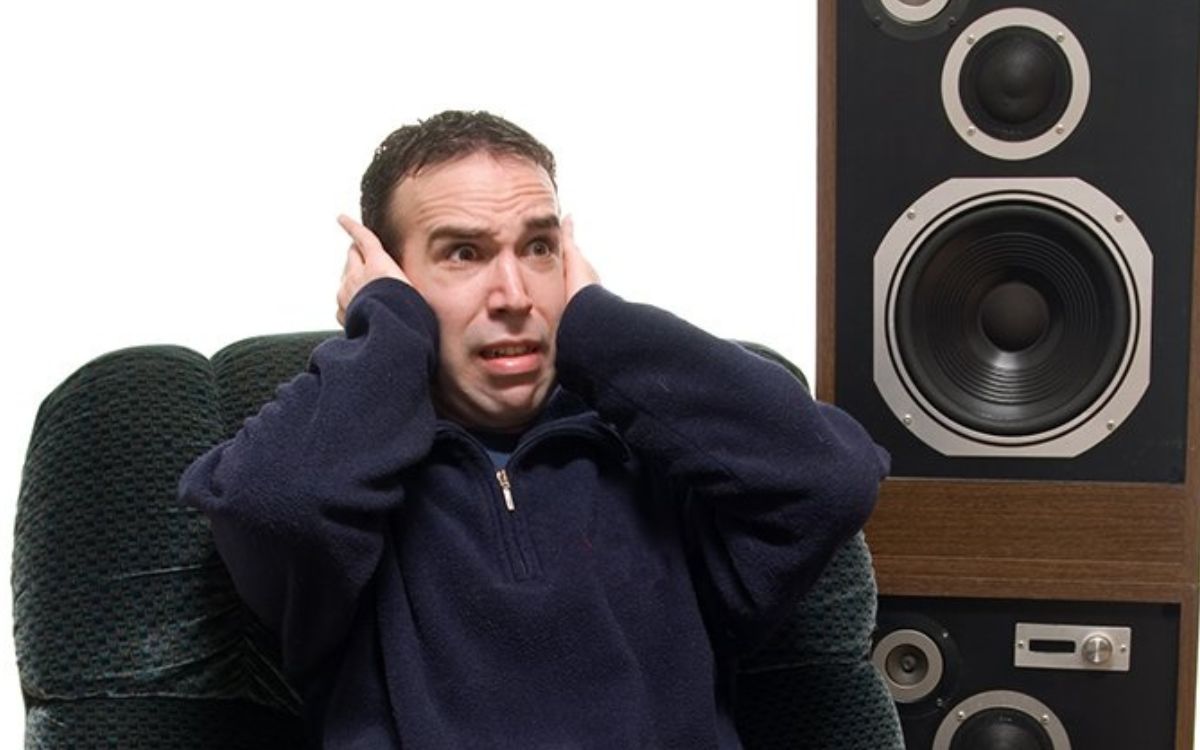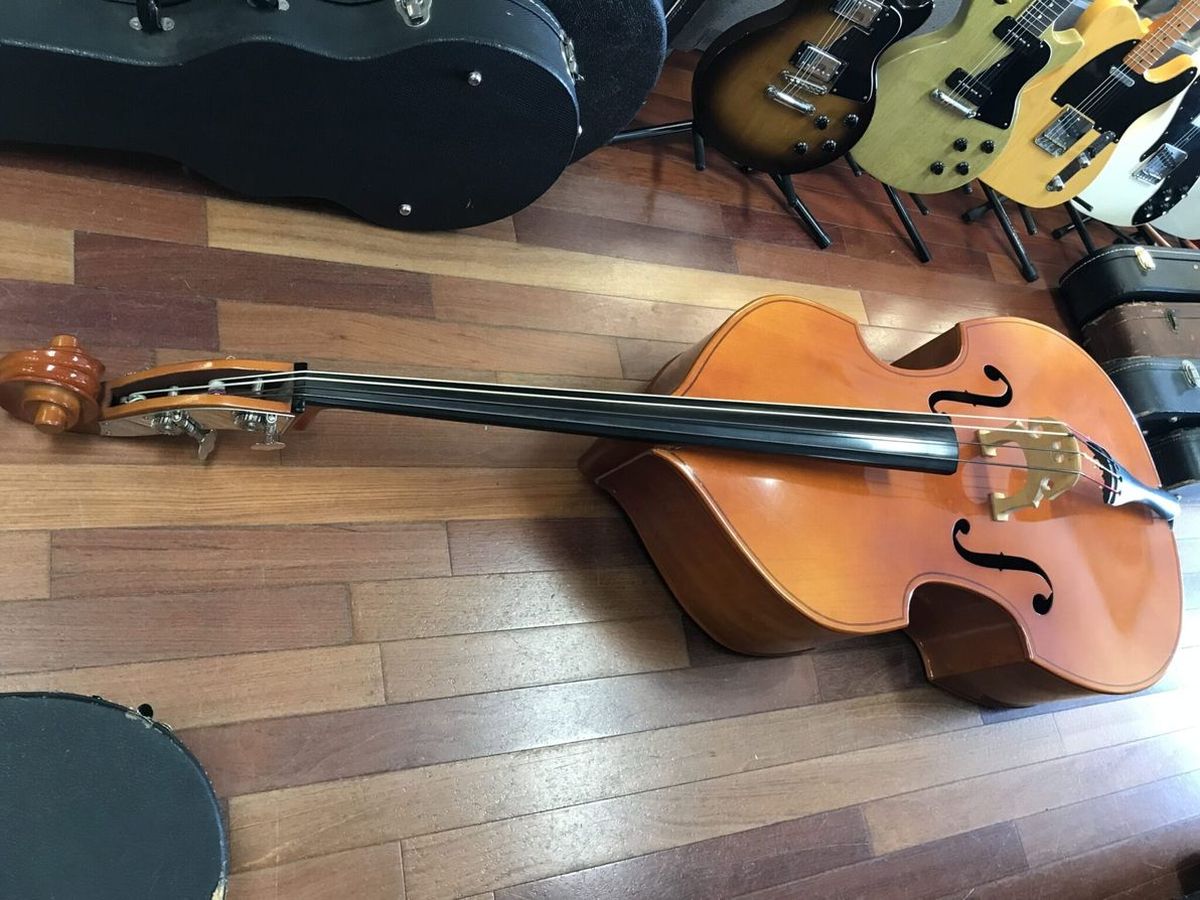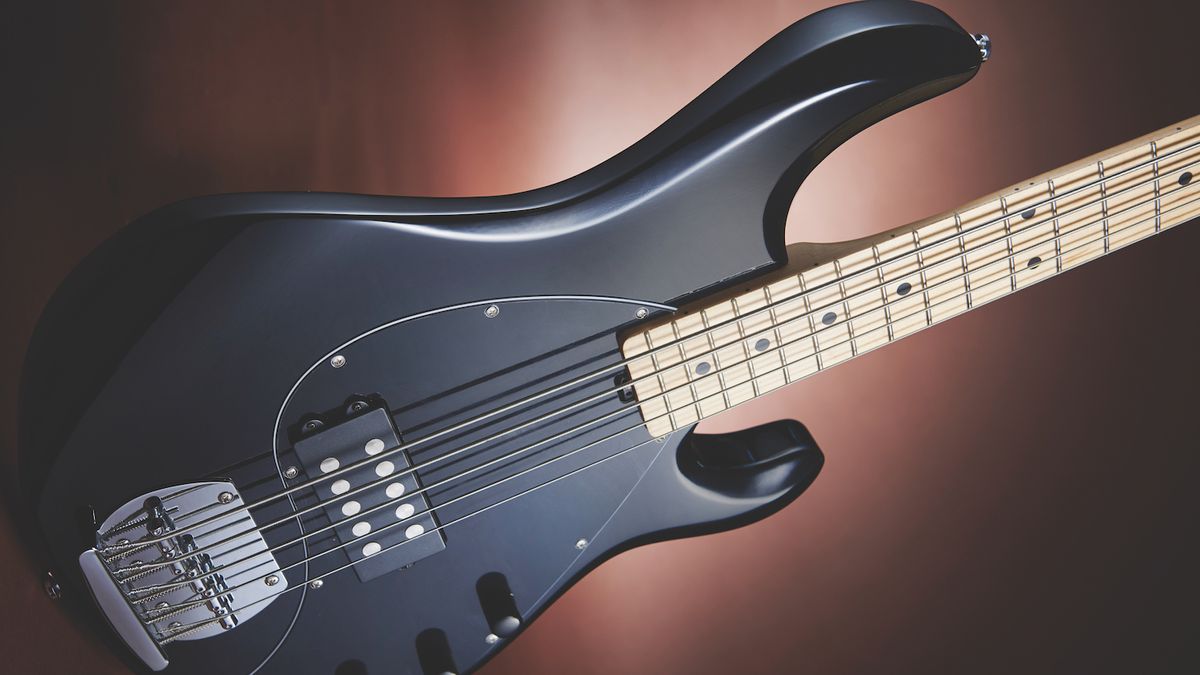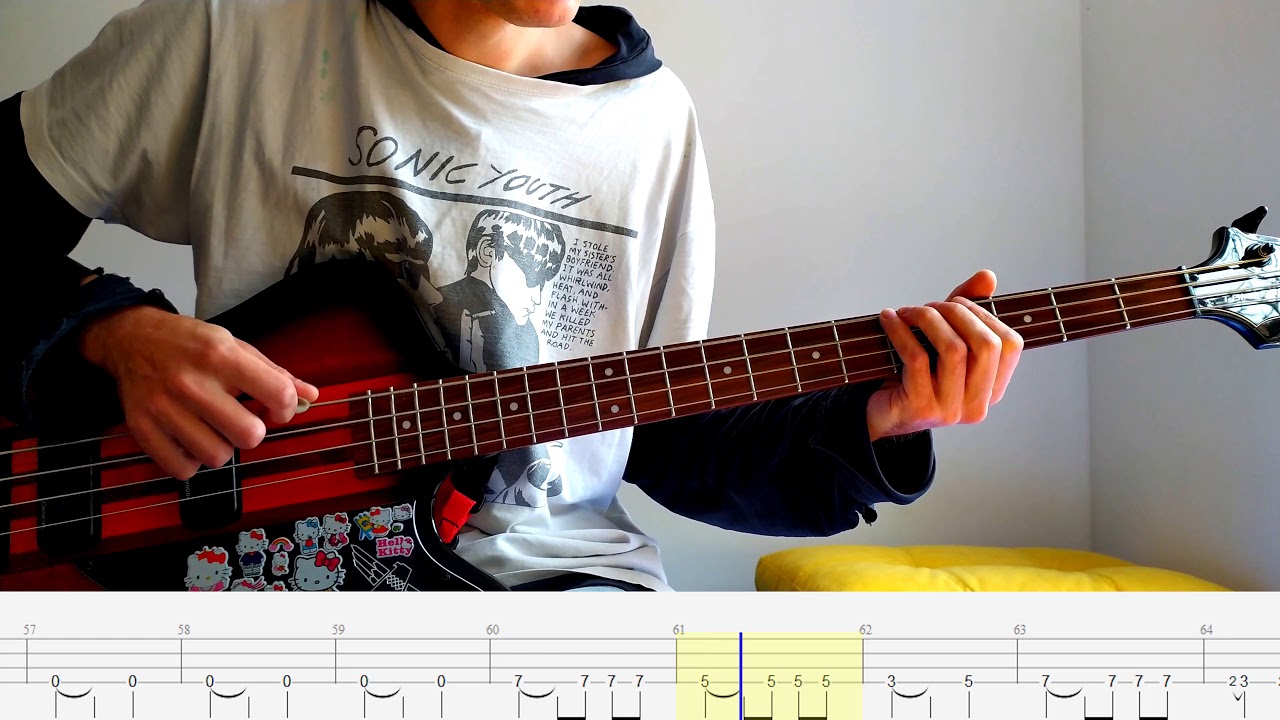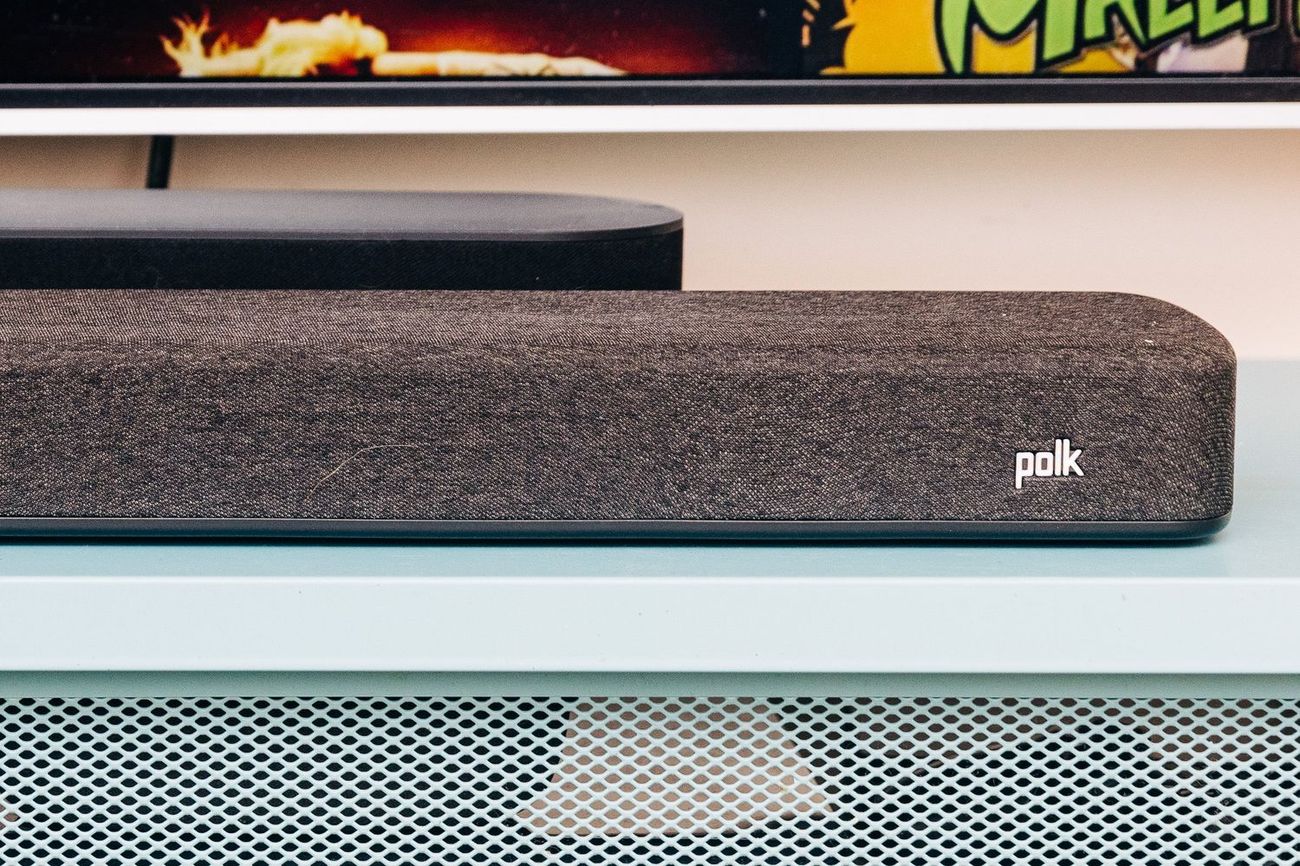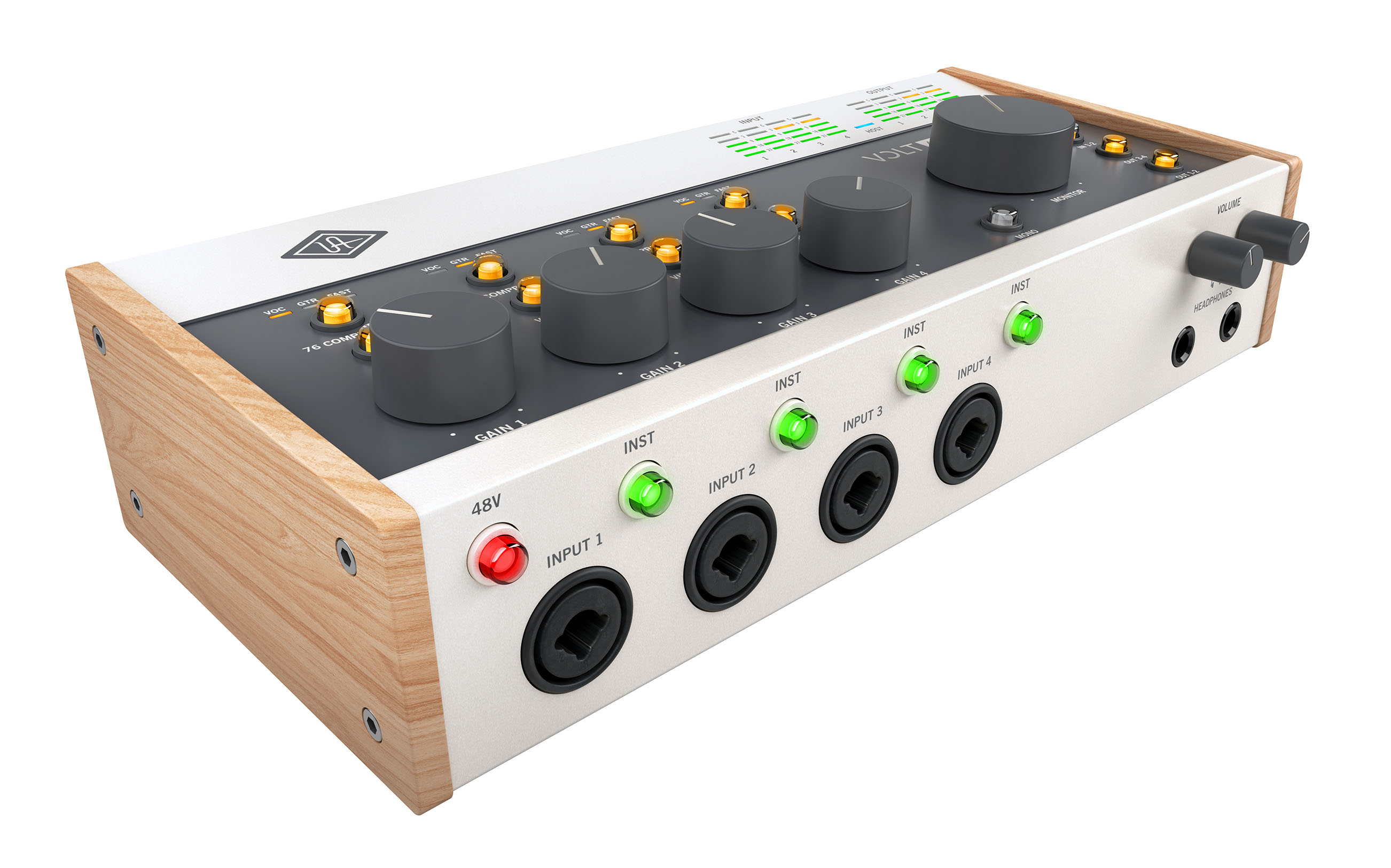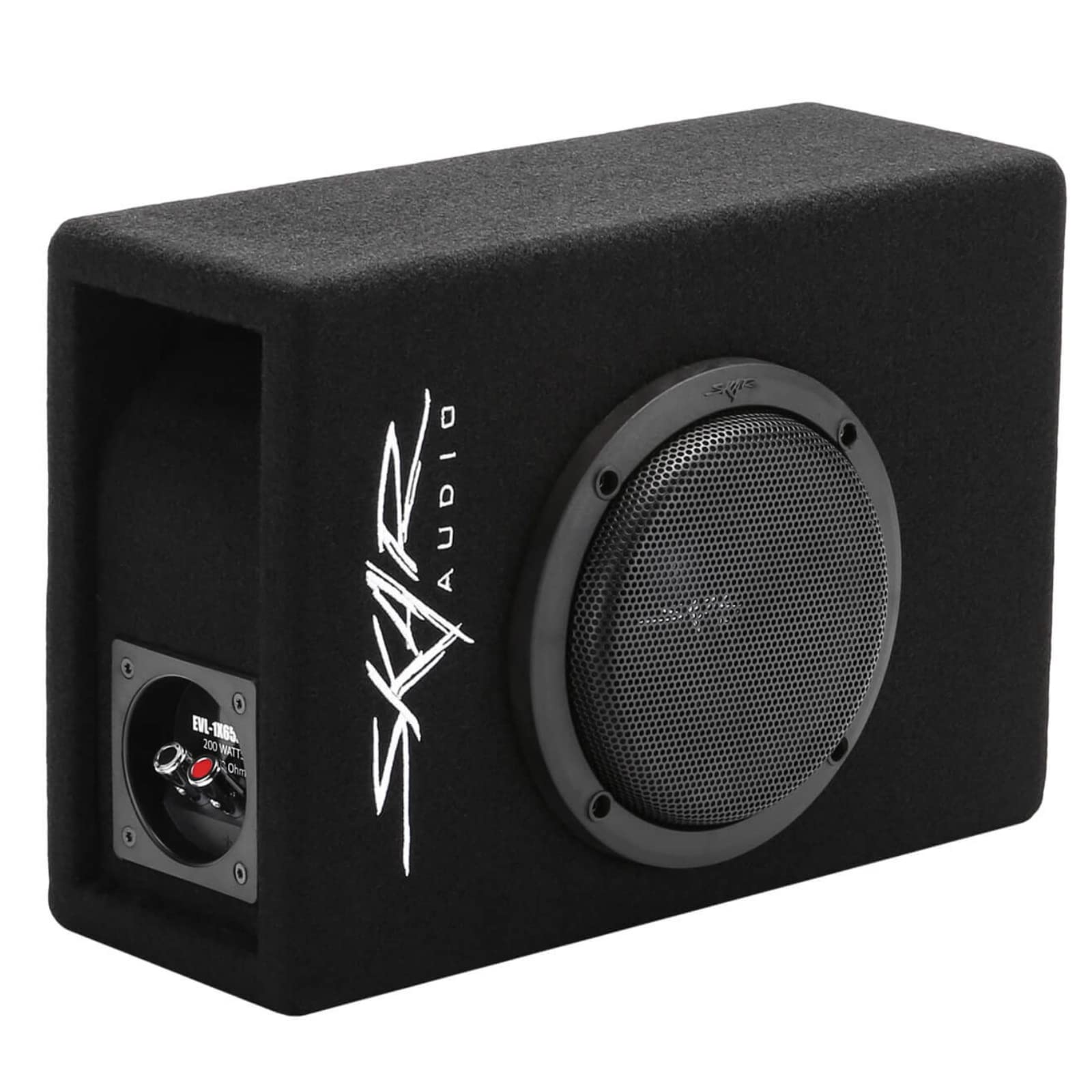Home>Instruments>Bass>Speakers Crackle When Bass Hits
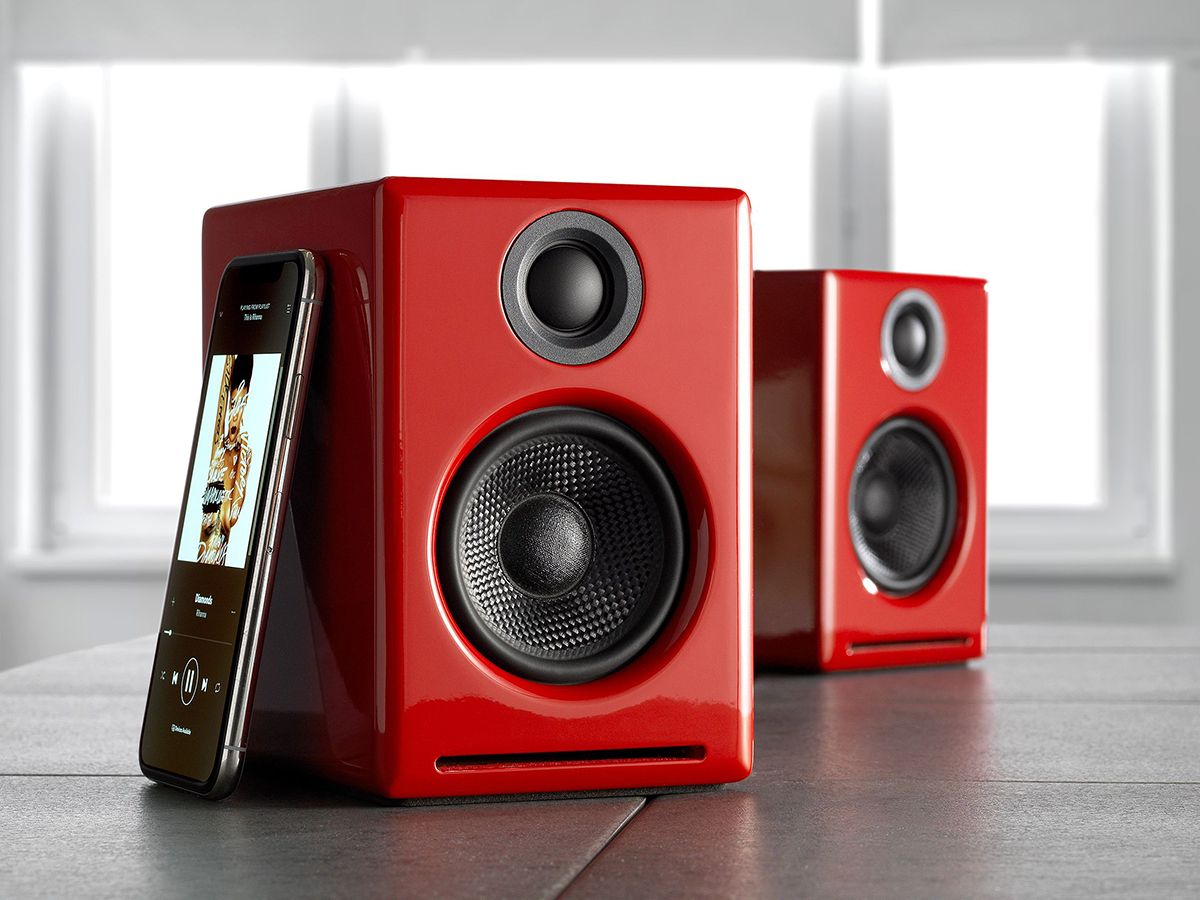

Bass
Speakers Crackle When Bass Hits
Published: November 27, 2023
Experience powerful bass with our high-quality speakers. Don't settle for crackling sound - choose our speakers for a flawless audio experience.
(Many of the links in this article redirect to a specific reviewed product. Your purchase of these products through affiliate links helps to generate commission for AudioLover.com, at no extra cost. Learn more)
Table of Contents
Introduction
When it comes to enjoying your favorite music or watching an action-packed movie, nothing beats the immersive experience of a powerful bass. The thumping beats and deep vibrations can make you feel like you’re right in the heart of the action. However, if you’ve ever experienced crackling or distorted sound when the bass hits, it can quickly ruin the audio experience and leave you frustrated.
In this article, we’ll explore why speakers crackle when the bass hits, the potential causes of this issue, its effects on sound quality, and most importantly, how to prevent speaker crackle from happening. Whether you’re a music enthusiast, a gamer, or simply someone who loves to enjoy high-quality audio, understanding the root causes of speaker crackle will empower you to preserve the integrity of your sound system and enjoy audio bliss without any unwanted interruptions.
Let’s dive into the world of speaker crackle and discover the secrets behind this common issue.
Understanding Speaker Crackle
Speaker crackle refers to the undesirable sound distortion that occurs when the bass hits or during moments of high volume in audio playback. It can manifest as a crackling, popping, or static noise that disrupts the clarity and purity of the sound. Understanding the underlying causes of speaker crackle is crucial in troubleshooting and finding effective solutions to this problem.
At its core, speaker crackle occurs due to the overload or distortion of the speaker’s components, particularly the cones or diaphragms responsible for producing sound. When the bass frequencies are too intense or the volume level is pushed beyond the speaker’s handling capacity, it puts strain on these components and can lead to crackling sound distortion.
It’s important to note that speaker crackle can occur in any type of speaker system, whether it’s a high-end set of floor-standing speakers or small computer speakers. The quality and design of the speaker will play a role in how well it handles bass frequencies and loud volumes, but even the best speakers can experience crackling if pushed beyond their limits.
Another factor that can contribute to speaker crackle is the condition of the audio source itself. If the audio file or source is of low quality, compressed, or poorly recorded, it can introduce artifacts and distortions that magnify the crackling effect when played through the speakers.
Understanding the causes of speaker crackle is the first step towards addressing and resolving this issue. In the next section, we’ll delve into some of the common causes that can lead to crackling when the bass hits, so you can identify potential culprits and take appropriate measures to prevent or rectify the problem.
Causes of Crackling When Bass Hits
There are several potential causes that can lead to crackling when the bass hits in your speakers. By understanding these causes, you can effectively troubleshoot and resolve the issue. Here are some common culprits:
1. Overdriving the speakers: When you push your speakers beyond their limits by playing audio with excessively high bass levels or cranking up the volume to extreme levels, it can cause the speaker components to vibrate uncontrollably, leading to crackling or distortion.
2. Physical damage to the speakers: If the speakers have been physically damaged or abused, such as having a torn cone or a damaged voice coil, it can disrupt the proper movement of the speaker diaphragm and result in crackling when bass hits.
3. Poor quality audio files: Low-quality audio files or recordings with heavy compression can introduce artifacts and distortions in the sound, which become more pronounced when the bass hits. It’s essential to use high-quality audio sources to minimize crackling.
4. Inadequate power supply: Insufficient power supply or improper grounding can cause voltage fluctuations that impact the performance of the speakers. This can lead to crackling when the bass hits due to inconsistent power delivery.
5. Incorrect speaker placement: Improper speaker placement, such as positioning them too close to walls or corners, can result in unwanted resonances and vibrations that contribute to crackling when the bass hits. Ensure that your speakers are properly positioned for optimal sound reproduction.
6. Loose connections or faulty cables: Loose connections between the audio source, amplifier, and speakers, or faulty cables, can introduce interference and disruptions in the audio signal, leading to crackling or distorted bass.
7. Incompatible amplifier-speaker pairing: Mismatched impedance or power handling between the amplifier and speakers can cause improper power distribution and lead to crackling when the bass hits. Ensure that your amplifier and speakers are well-matched.
Identifying the specific cause of speaker crackling can sometimes require trial and error. However, by examining these common causes, you can narrow down the possibilities and take appropriate actions to fix the issue. In the next section, we’ll explore the effects of speaker crackle on sound quality and why it’s crucial to address this problem promptly.
Effects of Speaker Crackle
Speaker crackle not only diminishes the overall audio experience but can also have detrimental effects on sound quality. Here are the key effects of speaker crackle:
1. Reduced clarity and detail: Crackling caused by the bass hitting can mask finer details and nuances in the audio, making it difficult to fully appreciate the richness and depth of the sound. This can be especially noticeable in complex musical compositions or movie soundtracks.
2. Distorted bass reproduction: Speaker crackle can distort the bass frequencies, leading to a muddy or muffled sound. Instead of experiencing a clean and impactful bass response, you may encounter a distorted and unpleasant rumbling or buzzing sound.
3. Interruption to immersive experience: Crackle when the bass hits can disrupt the immersive experience while listening to music or watching movies. It pulls your focus away from the intended audio and can break the flow of enjoyment.
4. Deterioration of audio equipment: Continuous exposure to crackling sound can potentially damage the speakers. Over time, the strain on the speaker components from excessive bass or distortion can lead to mechanical failure or reduced lifespan of the speakers.
5. Frustration and dissatisfaction: An audio system that consistently crackles when the bass hits can be incredibly frustrating, detracting from the enjoyment of your favorite music and movies. It may even discourage you from using your speakers altogether.
It’s important to note that the effects of speaker crackle can vary based on the severity and frequency of the issue. In some cases, the crackling may be subtle and occasional, while in others, it may be more prominent and persistent. Regardless, addressing any level of crackling is essential to ensure optimal sound quality and preserve the longevity of your audio equipment. In the next section, we’ll explore some preventive measures to help you avoid speaker crackle in the first place.
Preventing Speaker Crackle
While speaker crackle can be a frustrating issue, there are several preventive measures you can take to minimize the occurrence of crackling when the bass hits. By implementing these measures, you can ensure optimal sound quality and preserve the longevity of your speakers. Here are some effective prevention methods:
1. Proper speaker placement: Ensure that your speakers are positioned correctly, away from walls, corners, or any other objects that can cause unwanted vibrations or resonance. Follow the manufacturer’s guidelines for optimal placement to achieve the best sound reproduction.
2. Use high-quality audio sources: Opt for high-quality audio files and recordings to minimize the chances of crackling or distortion. Avoid low-quality or heavily compressed audio files, as they can introduce artifacts that magnify the crackling effect.
3. Avoid overdriving the speakers: Be mindful of the volume levels and bass intensity when playing audio through your speakers. Avoid excessively high volumes or bass levels that can strain the speaker components and lead to crackling. Give your speakers occasional breaks to prevent overheating.
4. Ensure proper power supply: Use a stable and adequate power supply for your speakers and audio equipment. Invest in a reliable power conditioner or surge protector to protect against voltage fluctuations and power surges that can damage the speakers and cause crackling.
5. Check and secure connections: Regularly inspect and secure all connections between your audio source, amplifier, and speakers. Loose or faulty connections can introduce interference and disrupt the audio signal, leading to crackling. Use high-quality cables and connectors for optimal performance.
6. Maintain your speakers: Keep your speakers clean and free from dust and debris, as accumulated dirt can affect their performance. Follow the manufacturer’s recommended maintenance guidelines to ensure proper functioning and prevent crackling caused by physical damage.
7. Invest in quality speakers: To minimize the likelihood of crackling, consider investing in speakers that are designed to handle high volumes and bass frequencies. Quality speakers with robust components and a high power handling capacity will provide a more reliable and distortion-free audio experience.
By following these preventive measures, you can significantly reduce the chances of experiencing speaker crackle when the bass hits. However, if you still encounter crackling issues, don’t worry. In the next section, we’ll discuss some troubleshooting steps to help you identify and address the problem effectively.
Troubleshooting Speaker Crackle
If you’re experiencing speaker crackle when the bass hits, there are several troubleshooting steps you can take to identify and resolve the issue. By going through these steps, you can pinpoint the root cause and implement the necessary solutions. Here’s a step-by-step guide for troubleshooting speaker crackle:
1. Check audio source and cables: Ensure that the crackling issue is not caused by a faulty audio source or cables. Try playing audio from a different source and use different cables to see if the problem persists. If the crackling disappears, it indicates a problem with the original audio source or cables.
2. Adjust the volume and bass levels: If the crackling occurs at high volume or intense bass levels, try lowering the volume or reducing the bass to see if it resolves the issue. If the crackling disappears or diminishes, it suggests that overdriving the speakers was the culprit.
3. Inspect and clean the speakers: Take a close look at your speakers for any physical damage such as torn cones or damaged voice coils. If you find any issues, contact a professional for repair or consider replacing the damaged components. Additionally, clean the speakers to remove any dust or debris that may be affecting their performance.
4. Check speaker placement: Ensure that your speakers are positioned correctly and away from any objects that can cause vibrations or resonance. Experiment with different placements to see if it reduces the crackling. Sometimes, a simple adjustment in speaker position can make a significant difference.
5. Test with different audio files: Play different audio files to determine if the crackling is specific to certain files or if it occurs across various sources. If the issue is isolated to specific files, those files may be of low quality or compressed, and replacing them with higher quality versions can mitigate the crackling.
6. Try a different amplifier: If possible, connect your speakers to a different amplifier or audio system to check if the crackling persists. If the crackling disappears with a different setup, it suggests that the original amplifier may be causing the issue and requires attention or replacement.
7. Consult a professional: If you have tried the above troubleshooting steps and the crackling issue persists, it may be time to seek professional help. A knowledgeable technician can diagnose and address any underlying problems with your speakers or audio system.
By following these troubleshooting steps, you can narrow down the potential causes of speaker crackle and take appropriate measures to resolve the issue. Remember to approach each step systematically and be patient in your troubleshooting process. Now, let’s wrap up our discussion in the concluding section.
Conclusion
Speaker crackle when the bass hits can be a frustrating issue, but with the right understanding and preventive measures, you can minimize or eliminate this problem. By identifying the causes of speaker crackle, such as overdriving the speakers, physical damage, or poor audio quality, you can take the necessary steps to prevent crackling from occurring in the first place.
Proper speaker placement, using high-quality audio sources, avoiding excessive volumes, and ensuring a stable power supply are all key factors in preventing speaker crackle. Regular maintenance and careful handling of your speakers can also contribute to their longevity and performance.
If you do encounter speaker crackle, troubleshooting steps such as checking audio sources and cables, adjusting volume and bass levels, inspecting and cleaning the speakers, and experimenting with placement can help identify and resolve the issue. If all else fails, consulting a professional technician can provide expert assistance in diagnosing and repairing any underlying problems.
Remember, the goal is to achieve a high-quality audio experience with clear and distortion-free sound reproduction. By being proactive in preventing and addressing speaker crackle, you can enjoy your music, movies, and games without the disruptive noise and immerse yourself fully in the audio experience.
So, take the necessary steps to prevent and troubleshoot speaker crackle, and elevate your audio journey to new heights of clarity and enjoyment!

